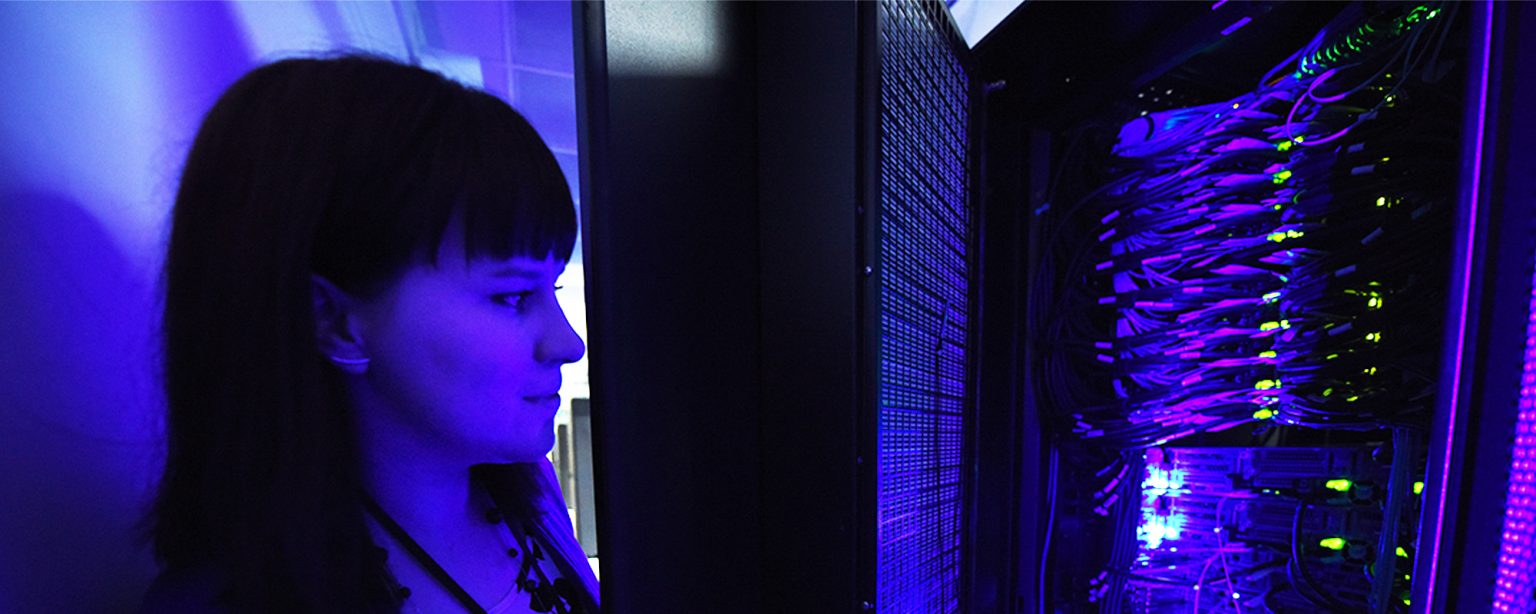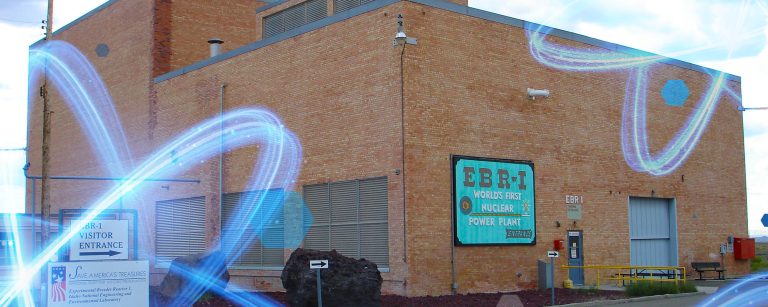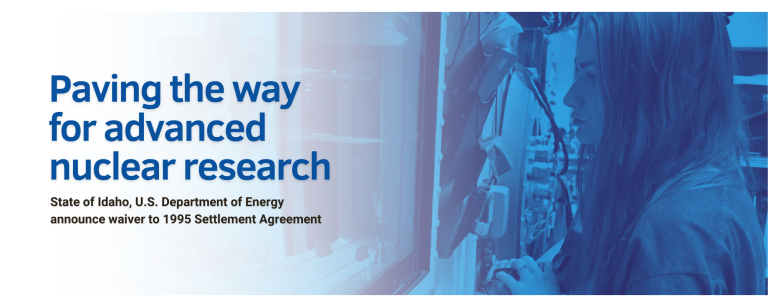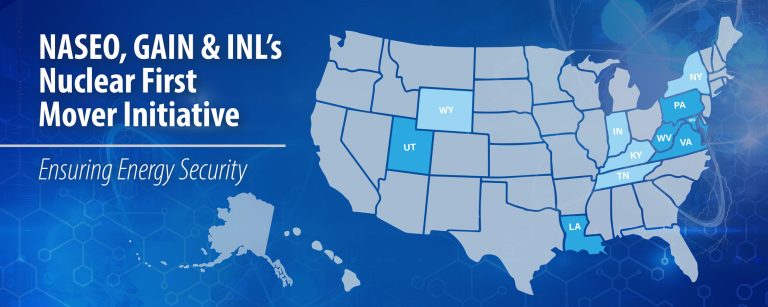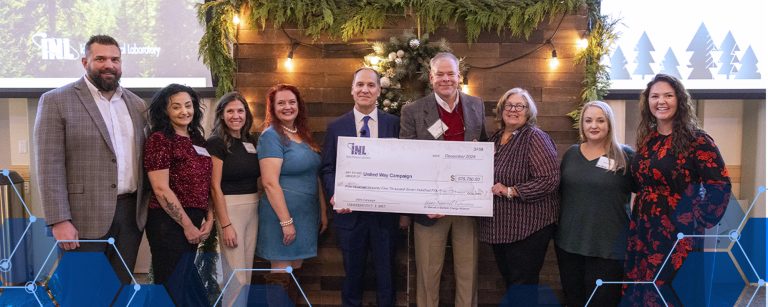INL News Release
FOR IMMEDIATE RELEASE
Feb. 28, 2022
NEWS MEDIA CONTACTS:
Matthew Evans: 208-520-4763, [email protected]
Sarah Neumann: 208-520-1651, [email protected]
IDAHO FALLS, Idaho — Students and faculty at Idaho’s three public research universities will soon have access to one of the nation’s fastest academic supercomputers thanks to an agreement signed in January.
The memorandum of understanding between Boise State University, Idaho State University, University of Idaho and Battelle Energy Alliance, which runs Idaho National Laboratory and operates and owns the Falcon supercomputer, provides students and researchers from the universities full access to the computer. The arrangement is expected to increase opportunities for collaboration between the lab and the universities and is an investment in INL’s future, helping fulfill a mission of INL’s Center for Advanced Energy Studies (CAES) to train and educate the future energy workforce.
CAES, a research, education and innovation consortium comprised of INL and the universities, led the effort to transfer the supercomputer to the universities.
“Having this incredible asset available for use by our universities is an invaluable addition to the collaborative research capabilities of Idaho’s public universities,” reads the agreement, which was signed by CAES Interim Director Terry Brog, INL Deputy Laboratory Director for Science and Technology and Chief Research Officer Marianne Walck, Boise State Interim Vice President of Research and Economic Development Nancy Glenn, Idaho State Vice President of Research and Economic Development Donna Lybecker and University of Idaho Vice President of Research and Economic Development Chris Nomura.
“The universities in Idaho value the partnership with INL and the Falcon supercomputer will enable our faculty, staff and students to examine a broad array of extremely complex research problems through the use of high-performance computing,” Nomura said. “The possibilities for collaboration amongst the universities and with INL are extraordinary.”
Falcon is housed at INL’s Collaborative Computing Center, a high-performance computing center supporting INL and Idaho public universities. Although Falcon is owned by INL, it is currently part of the high-performance computing systems supported through the Department of Energy Office of Nuclear Energy’s Nuclear Science User Facilities. The supercomputer is connected to the universities via the Idaho Regional Optical Network.
Falcon was ranked 97th on the list of the world’s fastest supercomputers when initially deployed in 2014. It was upgraded in 2017 and can perform a quadrillion calculations per second. That means Falcon can handle in 2.5 seconds what it would take a laptop a day to process. It likely ranks among the 25 fastest academic computers in the nation, according to Eric Whiting, director of INL’s Advanced Scientific Computing Division.
Having increased access to Falcon will significantly accelerate the processing time for modeling and simulation, making it possible for university students and researchers to run simulations they would not otherwise be able to perform.
Falcon will remain at the Collaborative Computing Center and the University of Idaho will lead the consortium of universities responsible for its upkeep and management.

